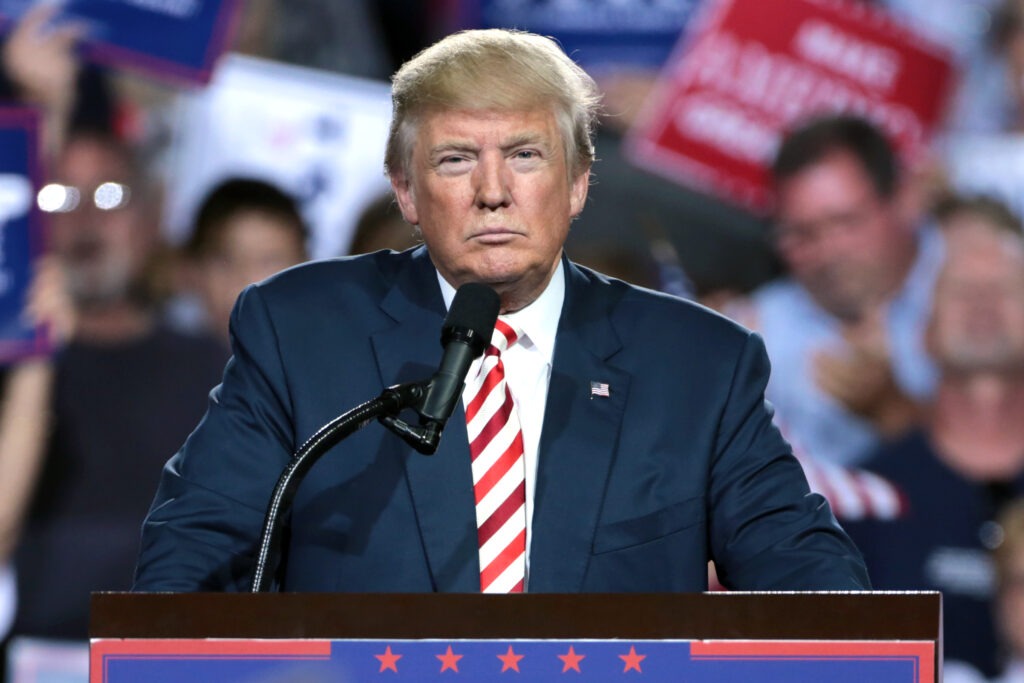In a chilling twist revealed today, US authorities received intelligence weeks ago from a source about a potential plot orchestrated by Iran to target Trump, according to CNN. This information prompted the Secret Service to significantly bolster security measures around the former president, several officials familiar with the situation reported. As the investigation unfolds, the search for answers continues.
However, sources indicate that there is no evidence to suggest Thomas Matthew Crooks, who attempted to assassinate the former president last Saturday, was linked to any broader plot. Secret Service officials consistently advised the Trump campaign about the risks of outdoor rallies, which are harder to secure compared to more controlled indoor events, according to people familiar with the discussions. These warnings, generally speaking, have been very broad, according to the sources.
Due to security concerns, the campaign, at one point during this election cycle, ceased organizing impromptu off-the-record events where attendees were not pre-screened by the Secret Service, a source informed CNN. The FBI, which is leading the investigation into the shooting, has not issued any public comments regarding CNN’s reporting, nor has the Trump campaign. “We do not comment on President Trump’s security detail. All questions should be directed to The United States Secret Service,” the Trump campaign said in a statement.
Warnings about operational planning have coincided with an increase in online posts from Iranian accounts and state-backed media mentioning Trump, heightening security concerns among US officials, a source told CNN. According to a federal law enforcement source and an individual close to former Secretary of State Mike Pompeo, Pompeo was also targeted in an Iranian assassination plot. There is ongoing concern among law enforcement officials about potential threats from Iran against former Trump administration officials, including the former president, as reported by sources familiar with the situation.
Iran vowed revenge after Trump ordered Revolutionary Guards commander, Qasem Soleimani, targeted in a drone strike in Iraq. Soleimani was killed in January 2020, on direct orders from the president due to his involvement in acts of terrorism and other actions that Trump had led to the deaths of American military personnel throughout the Middle East.
The rooftop of the building used by former President Donald Trump’s would-be assassin had previously been designated as a security risk prior to his Saturday rally in Butler, Pa., but for some reason, it was left unattended without a police or Secret Service presence, according to a new report.
The Secret Service, already aware that the rooftop posed a security threat, is now facing criticism. Sources with knowledge of the agency’s operations told NBC News that the building, owned by a glass research company, had been identified as a potential risk.
The building is located next to the Butler Farm Show, the outdoor venue where Trump was speaking. Following the incident, lawmakers have called for a comprehensive review of security protocols. The chief of the Secret Service confirmed that the agency would participate in an independent security review to prevent future breaches.
Despite precautions, the rooftop from which the gunman fired—situated just outside the main security perimeter but only 148 yards from where Trump was speaking—had no law enforcement presence. This oversight left the area unguarded despite it being well within the range of the gunman’s semiautomatic weapon. The responsibility for securing this particular rooftop had been delegated to local authorities, which happens often at such venues featuring Trump, but there are questions as to why the Secret Service did not confirm that obvious risk was secured before Trump began to speak.
Butler County District Attorney Richard Goldinger disclosed that his office’s Emergency Services Unit deployed four sniper teams and four quick response teams at the rally. However, he highlighted that the Secret Service was primarily responsible for overseeing security measures outside the venue.



